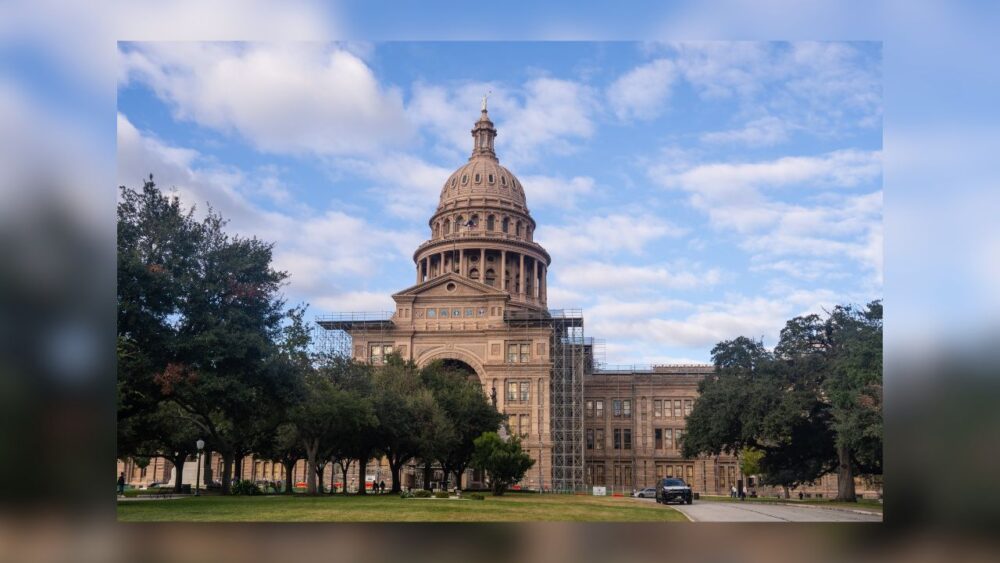More than 800 new laws took effect in Texas on September 1, reshaping education, healthcare, housing, safety, and more. Lawmakers passed 1,155 bills in the regular session, with Gov. Greg Abbott signing most and vetoing others. Some measures activated earlier, while several will roll out in future years or depend on voter approval.
Education
Senate Bill 1 established the state’s $338 billion two-year budget. More than 70% of funds will go to education and health services, including property tax relief, public school funding, energy, water, and broadband infrastructure. Abbott vetoed $60 million that would have joined a federal summer lunch program, citing uncertainty over matching rates.
Education saw some of the most controversial changes. Senate Bill 2 created one of the country’s largest voucher programs, offering most families just over $10,000 for accredited private school tuition or related costs. Students with disabilities could qualify for much more. The program will not launch until the 2026-27 school year.
House Bill 2 added $8.5 billion to public schools, with over $4 billion reserved for teacher raises. Funds will also support special education, safety, early childhood programs, and educator training.
Senate Bill 10 required donated posters of the Ten Commandments in public classrooms. U.S. District Judge Fred Biery blocked enforcement in nearly a dozen districts, including Austin, Houston, and Plano, but Attorney General Ken Paxton said others must comply. “This issue is likely to get to the United States Supreme Court,” Biery said before opening statements.
Districts can also adopt a voluntary daily period for prayer or scripture reading under another new law. Participation requires parental consent, and schools cannot broadcast prayers over public address systems.
Senate Bill 12 extended the ban on diversity, equity, and inclusion policies to K-12 schools. It barred hiring decisions based on race, ethnicity, gender identity, or sexual orientation and prohibited student clubs centered on those topics. Critics, including the ACLU of Texas, have filed lawsuits.
Senate Bill 13 increased parental oversight of library materials, allowing boards or newly formed councils to review content. Supporters said the law protects students from inappropriate material. Critics warned it could expand censorship.
Colleges also faced changes. Senate Bill 37 gave regents more control over universities, including hiring and compliance with state laws. Backers said the measure addresses liberal bias, while opponents warned of harm to academic freedom.
Lawmakers addressed safety with House Bill 33, requiring law enforcement agencies and schools to coordinate crisis response plans and train for active shooter events. Agencies must file reports after real incidents to ensure faster public access to information.
Property and Housing
Senate Bill 17 restricted land purchases by individuals and entities tied to China, Iran, Russia, and North Korea. Senate Bill 15 required cities to allow certain homes on 3,000-square-foot lots in new subdivisions, aiming to boost housing supply.
The legislature also passed a two-year ban on lab-grown meat sales, making Texas the seventh state with such a prohibition. Senate Bill 7 created a framework for funding water projects through the Texas Water Development Board, contingent on voter approval of a constitutional amendment in November.
Healthcare
Healthcare changes included House Bill 46, which expanded the state’s medical marijuana program to include chronic pain, traumatic brain injury, and Crohn’s disease. It also allowed prescriptions for inhalation products such as vapes and aerosols.
Another measure cracked down on youth-targeted vaping products, including THC and flavored e-cigarettes designed to resemble school supplies.
Additional Measures
Other laws added new penalties. Assaulting a utility worker on duty now carries a third-degree felony charge, while harassment became a Class A misdemeanor. Texas also criminalized possession or production of AI-generated sexual abuse material involving children.
Senate Bill 835, known as “Trey’s Law,” banned nondisclosure agreements in sexual assault and human trafficking cases. The law honors Trey Carlock, who signed an NDA after childhood abuse and later died by suicide.
Additional measures included $1.5 billion for film and TV production incentives, delayed release of sensitive hospital test results so doctors can brief patients first, and peer mental health support for first responders under House Bill 35.
Texans will continue to feel the effects of these new laws in classrooms, workplaces, courts, and communities. Several of the most contentious measures, especially those involving religion in schools, are already tied up in court.


